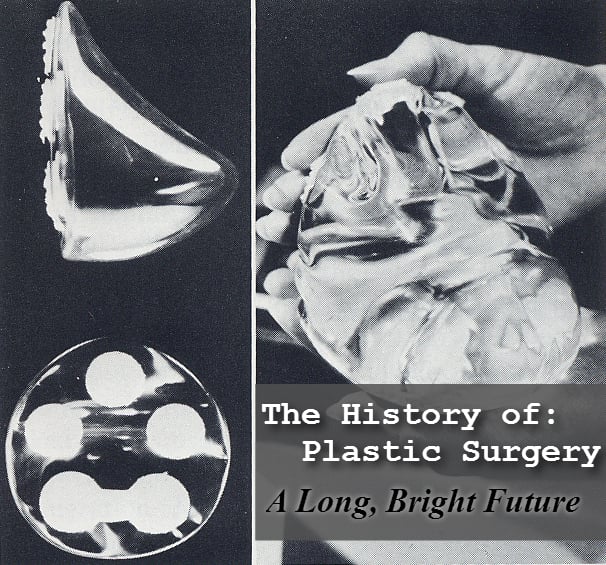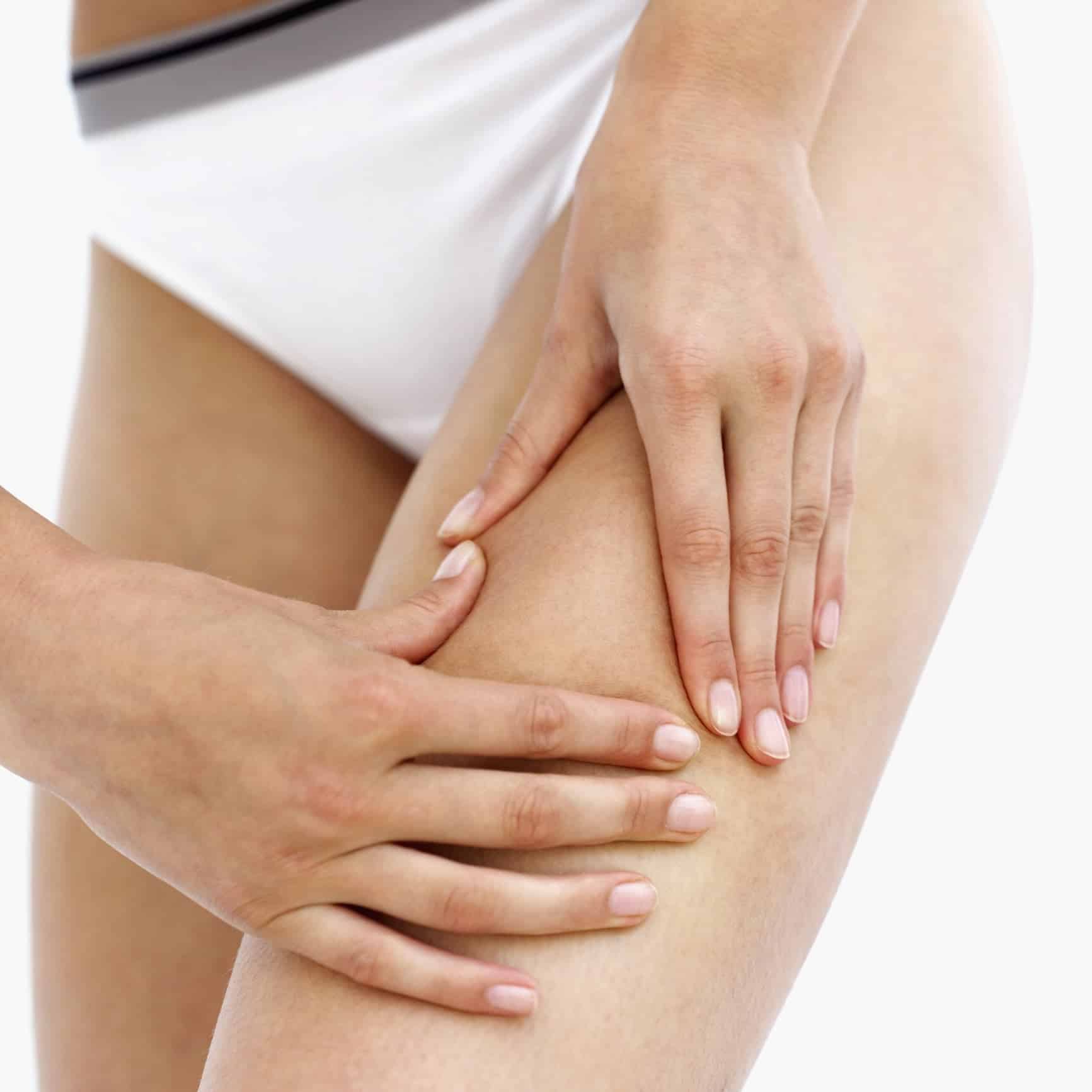For years, stereotypes in movies, advertisements and even literature have portrayed women with large breasts as being overly-sexual, under-educated and reliant upon men for their happiness and fulfillment in life. Thus, the stigma quickly developed that women who opted to enlarge or reshape their breasts through cosmetic surgery must be vain, selfish and looking to attract men. However, choosing to have a breast augmentation does not make a woman any of these things.





